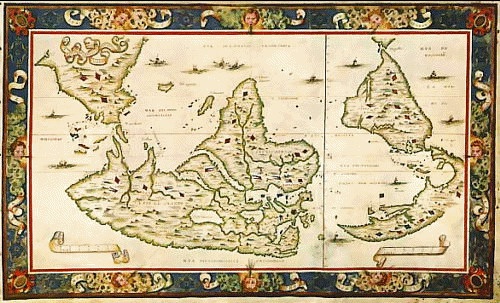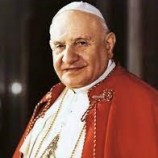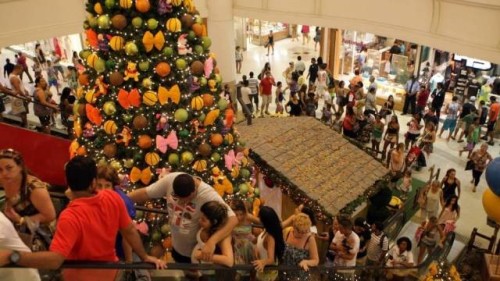In the early days of the Christian Church, still under the rule of the Roman Empire, the need for some kind of human organization for the proper functioning of its growing number of communities was ever apparent. With the progress of evangelization, the apostles ordained priests and deacons entrusted to care for the flock, however their pastoral task was not exercised in a discretionary way.
Soon after Constantine, The Church, still a minority within its society, was distributed in five patriarchates, each with its own directive Patriarch: Rome – the Chair of Saint Peter – Jerusalem, Alexandria, Antioch and Constantinople.
It is only natural that such a division, subject to the pressures of political and nationalist arenas, generate some kind of tension. Daniel Rops, in his book “History of the Church,” reminds us of the decree of The First Council of Constantinople [381 AC], according to which “the Bishop of Constantinople has the primacy of honor after the Bishop of Rome, because Constantinople is the New Rome.” Meanwhile, in the backdrop, imperial concerns were brewing…
Today, with the planet inhabited by 6 billion people, 1.2 billion of which are Catholics, some voices suggest the possibility of restoring an institution which has better attended to local needs. Such a restoration, which would share papal power with other patriarchs, clashes with the current Vatican statute. In the opinion of the French journalist Jean-Luc Pouthier, it’s time to ask whether the current form of church government is the best one available, with its entire administration gathered in one micro-state and under pressure from the Italian “entourage.”
According Pouthier, the loss of the Pope’s political power observed in the nineteenth century would have been compensated by his growing presence at the forefront of The Church. Plus, Benedict XVI himself would be aware that this “reengineering” of the pontifical function would no longer be the most fitting to the current reality in the XXI century, when a collegiate realignment of the administration and its power would better meet the extreme pluralism and human diversification of our times.
The issue has many sides to it. One of them, nothing too inconsiderable, is related to the unity and fidelity of the Church to the apostolic magisterium. Right beside our wall, we see the rapid fragmentation of the Anglican Church produced by the hesitation and lack of commitment to ethics and disciplinary aspects. The figure of the Roman Pope, which some disregard as “imperial,” has been precisely the safeguard against the known evils shaped by a strain of democracy that suppresses the truth, morals and customs for the sake of the majority’s vote.
Do we still want a Pope?
Related Articles
















